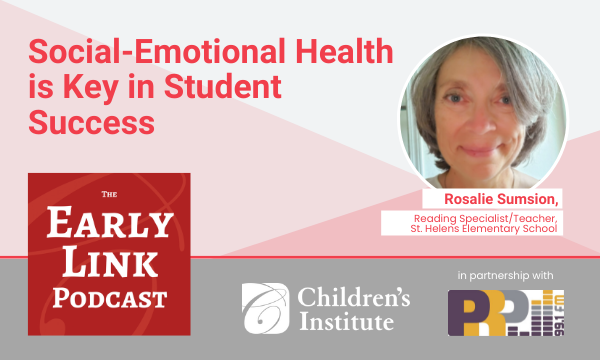
Social-Emotional Health is Key in Student Success
In the latest Early Link Podcast, host Rafael Otto speaks with Rosalie Sumsion.
Sumsion is a reading specialist at McBride Elementary in the St. Helens school district, working with small groups of readers throughout the day. She is also part of the Early School Success Team, a group of teachers working in collaboration the the Children’s Institute to address challenges within their school and district. Sumsion focuses on students’ social-emotional learning and works on finding ways to ensure every student is successful and feels great about coming to school.
Guest
Rosalie Sumsion works half-time as a Title 1 Reading teacher and half-time as a RTI (Response to Intervention) Coach. As a Title 1 teacher, Sumsion works with small groups of students to advance their reading skills. As McBride’s RTI coach, she works alongside teachers to model good instruction, provides training on the delivery of interventions, and leads staff in the growth of effective instructional practices. She is instrumental in the organization of McBride’s school-wide assessment by training assessors, preparing materials, providing data to teachers and assisting with data analysis. In addition to her teaching duties, Sumsion gives presentations at staff meetings, facilitates MD-PLT (Principles of Learning and Teaching) meetings, and guides discussions on academic interventions and growth factors.
Summary
Rosalie Sumsion kicks off the podcast with a story about how she got into teaching and discusses the McBride school community. She also shares inspiration about the children she works with and talks about her work as a reading specialist, and her involvement working with Children’s Institute’s Early School Success initiative. Rafael asks why she became a teacher, the state of the McBride school community, and an inspirational story about the kids she has worked with. She also discusses the important of social-emotional learning in the classroom.
Transcript
[00:00:00] Rafael Otto: This is the Early Link Podcast. I’m Rafael Otto. Today, I have the pleasure of speaking with Rosalie Sumsion,a teacher at McBride Elementary in the St. Helens school district. She is a reading specialist working with small groups of readers throughout her day, and she is also part of the early school success team. This is a team of teachers working in collaboration with staff at Children’s Institute to wrestle with big problems or big challenges within their school and within their districts. Some of those are focused on social-emotional learning and working on ways to make sure that every student feels great when they come to school, and is successful. Rosalie, welcome to the podcast.
[00:00:41] Rosalie Sumsion: Thank you so much. It’s a pleasure to be here.
[00:00:43] Rafael Otto: Yeah. It’s great to have you here. I love talking with teachers and I wonder if you could just start by telling me the story of why you became a teacher.
[00:00:51] Rosalie Sumsion: Okay. So honestly, I didn’t. That was not my plan. I did not want to become a teacher.
[00:00:56] Rafael Otto: That… that happens, sometimes…
[00:00:59] Rosalie Sumsion: So, my mother was a teacher and she taught second grade. She was a lovely, amazing teacher. She’d come home every day around 4:30 or 5, and she would just lie on the couch. She’d watch M*A*S*H-
[00:01:13] Rafael Otto: She was like, I’m done. I’m done, I need a break.
[00:01:15] Rosalie Sumsion: She’s done. But then she’d kind of get her second wind and, you know, do her
thing and… she loved her job. She just was always doing fun things with her kids. So, she was totally into it. But I was a musician, and I played the piano and I wanted to become a piano teacher. And I actually did two or three years in piano pedagogy.
But then I just had a big change of focus or whatever. I realized that my heart was in school. I love school. I love what it stands for, and I still have a few piano students on the side. I love that too. But I just love the idea of, school is community and it’s an amazing place for kids to grow and learn and I’m really happy to be a part of that.
Please download the full transcript below.

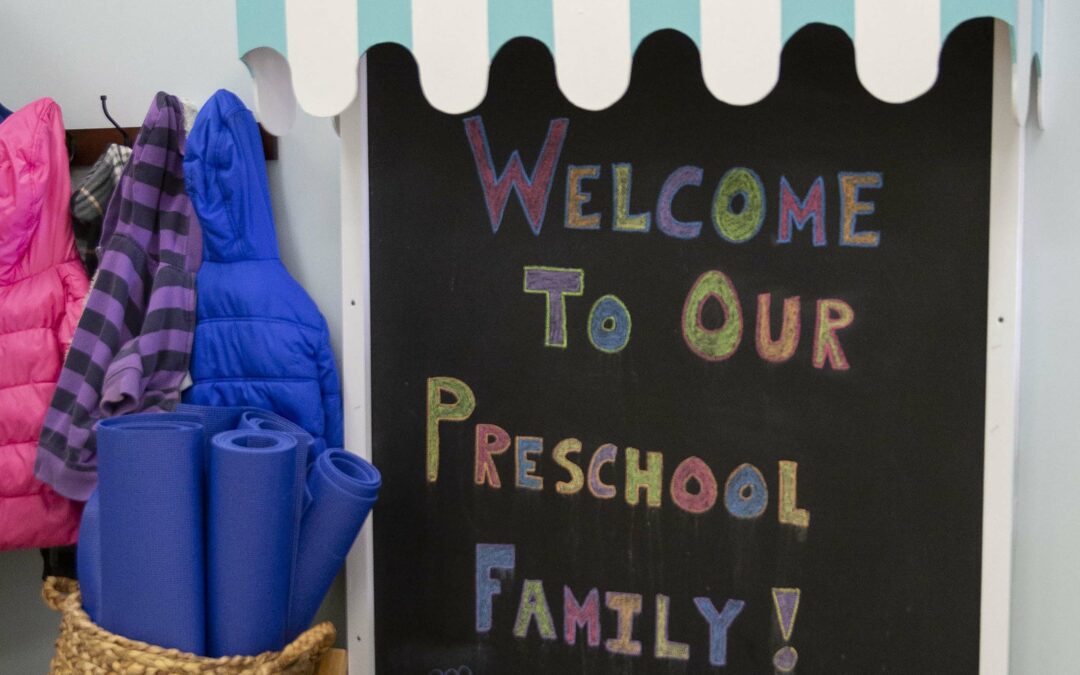
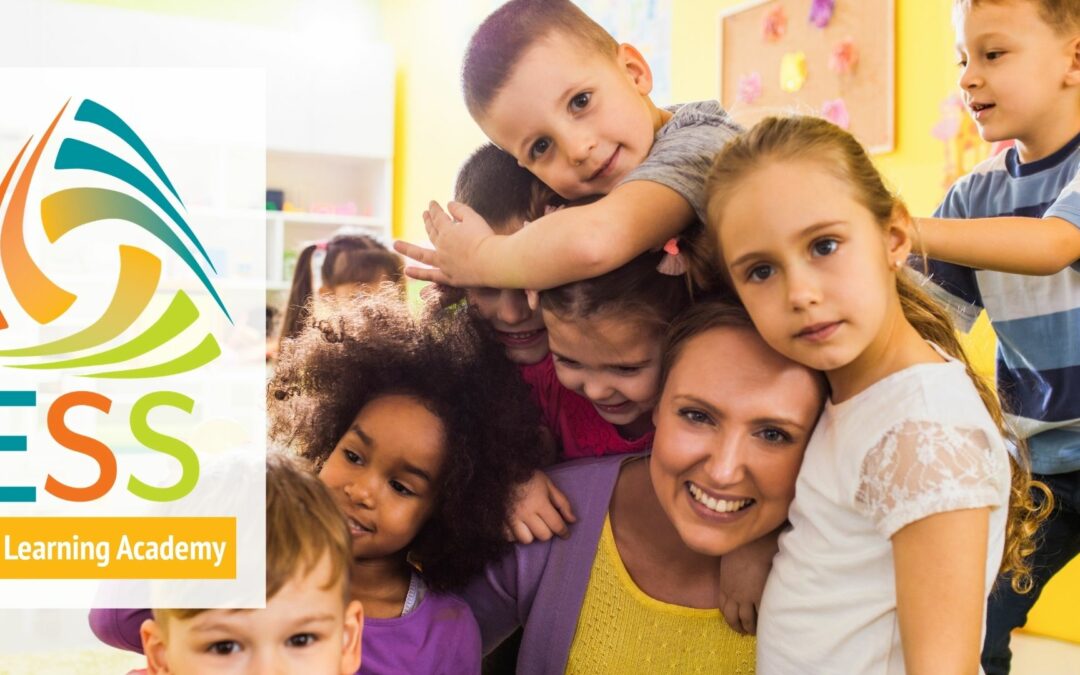
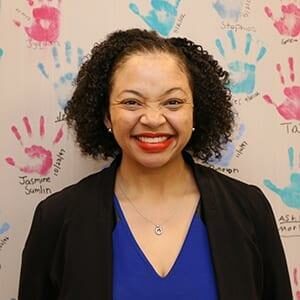
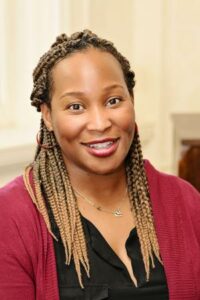 Iheoma U. Iruka, Ph.D., is a Research Professor in the Department of Public Policy, a Fellow at the Frank Porter Graham, Child Development Institute (FPG), and Founding Director of the Equity Research Action Coalition at FPG (the Coalition) at the University of North Carolina at Chapel Hill. Through the Coalition, Dr. Iruka is leading projects and initiatives focused on how evidence-informed policies, systems, and practices in the early years can support the optimal development and experiences of minoritized children and children from low-income households and communities. Her work focuses on ensuring that children start off well, through family engagement and support, quality rating and improvement systems, and early care and education systems and programs. Dr. Iruka focuses on ensuring excellence for young diverse learners, especially Black children and their families, through the intersection of anti-bias, anti-racist, culturally grounded research, program, and policy. Dr. Iruka serves and has served on numerous national and local boards and committees, including the Brady Education Foundation, Trust for Learning, the National Academies of Sciences, Engineering, and Medicine committees, the American Psychological Association’s Board of Educational Affairs, and the Nation Advisory Committee for the U.S. Census Bureau.
Iheoma U. Iruka, Ph.D., is a Research Professor in the Department of Public Policy, a Fellow at the Frank Porter Graham, Child Development Institute (FPG), and Founding Director of the Equity Research Action Coalition at FPG (the Coalition) at the University of North Carolina at Chapel Hill. Through the Coalition, Dr. Iruka is leading projects and initiatives focused on how evidence-informed policies, systems, and practices in the early years can support the optimal development and experiences of minoritized children and children from low-income households and communities. Her work focuses on ensuring that children start off well, through family engagement and support, quality rating and improvement systems, and early care and education systems and programs. Dr. Iruka focuses on ensuring excellence for young diverse learners, especially Black children and their families, through the intersection of anti-bias, anti-racist, culturally grounded research, program, and policy. Dr. Iruka serves and has served on numerous national and local boards and committees, including the Brady Education Foundation, Trust for Learning, the National Academies of Sciences, Engineering, and Medicine committees, the American Psychological Association’s Board of Educational Affairs, and the Nation Advisory Committee for the U.S. Census Bureau.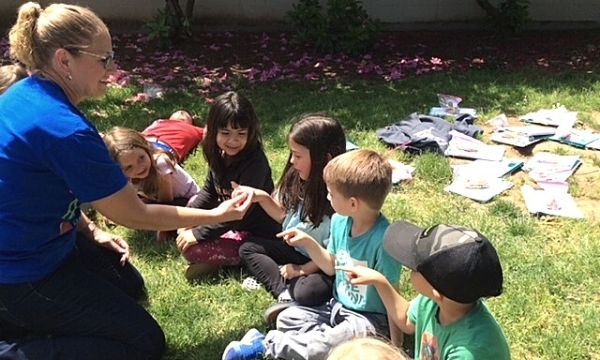
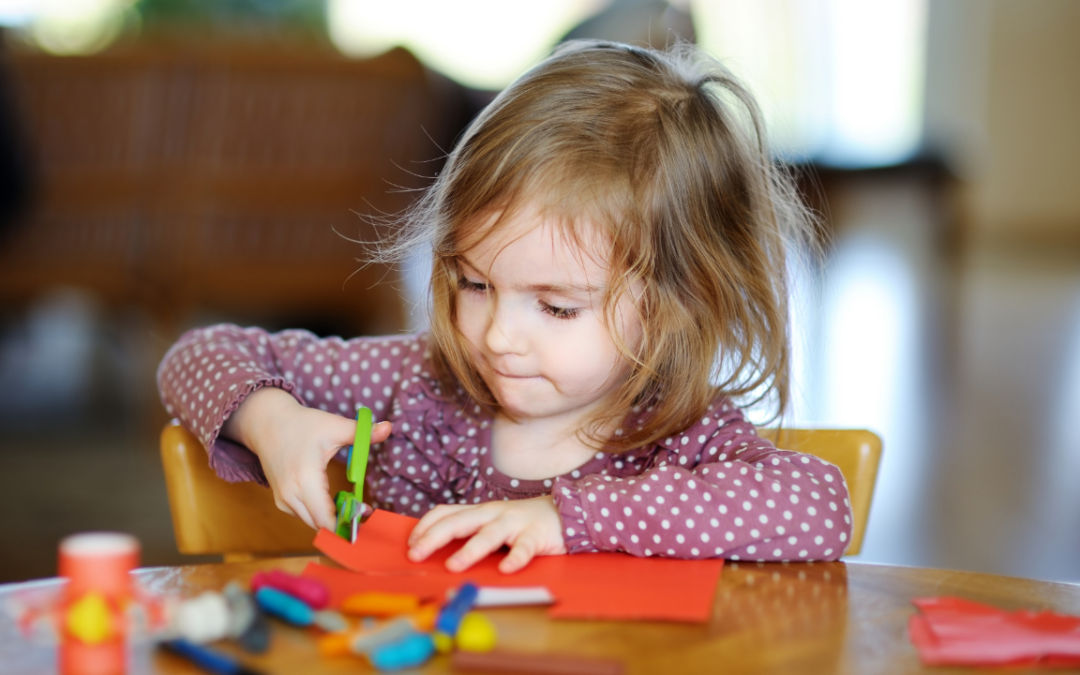
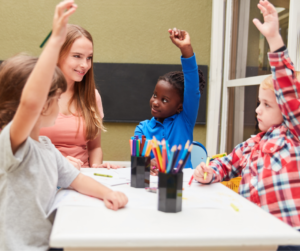 To do that, the transition between preschool and elementary school needs to be stronger, more intentional, and more closely aligned. This approach, known as P-3 alignment, has emerged as an effective strategy for strengthening the transition and learning experiences for young children. When done well, this can boost academic achievement for all students. In order to sustain the advantages of preschool, which have
To do that, the transition between preschool and elementary school needs to be stronger, more intentional, and more closely aligned. This approach, known as P-3 alignment, has emerged as an effective strategy for strengthening the transition and learning experiences for young children. When done well, this can boost academic achievement for all students. In order to sustain the advantages of preschool, which have 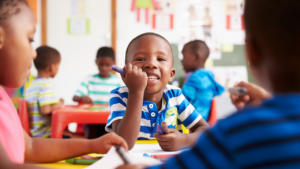 Moving Toward a P-3 Model
Moving Toward a P-3 Model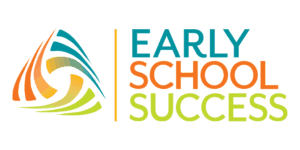 Children’s Institute (CI) launched
Children’s Institute (CI) launched